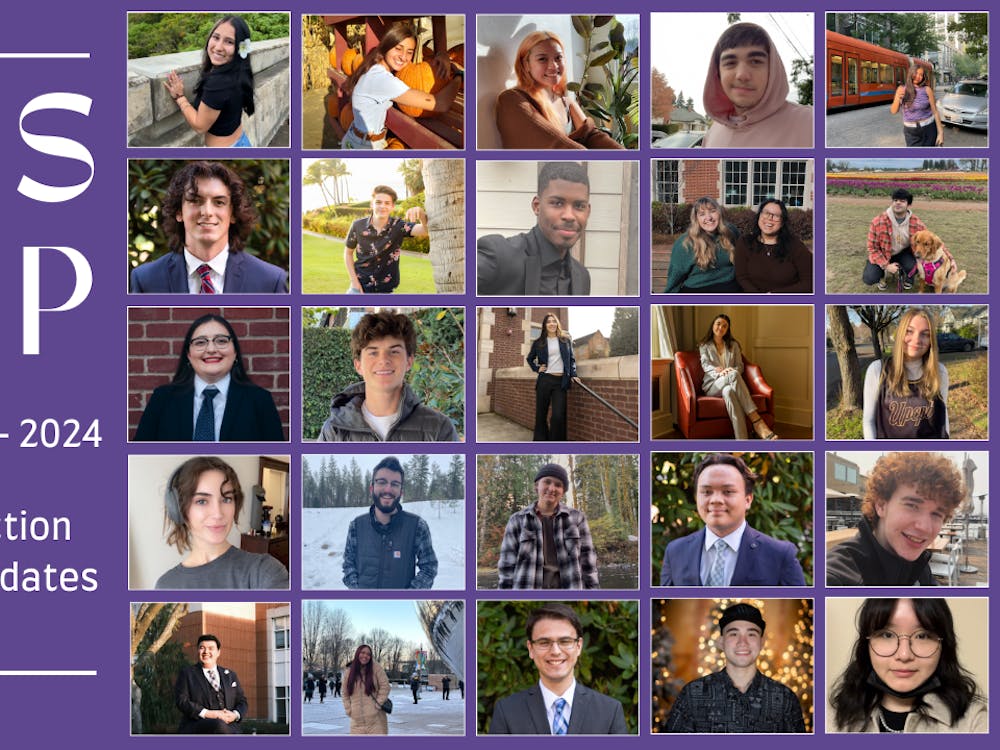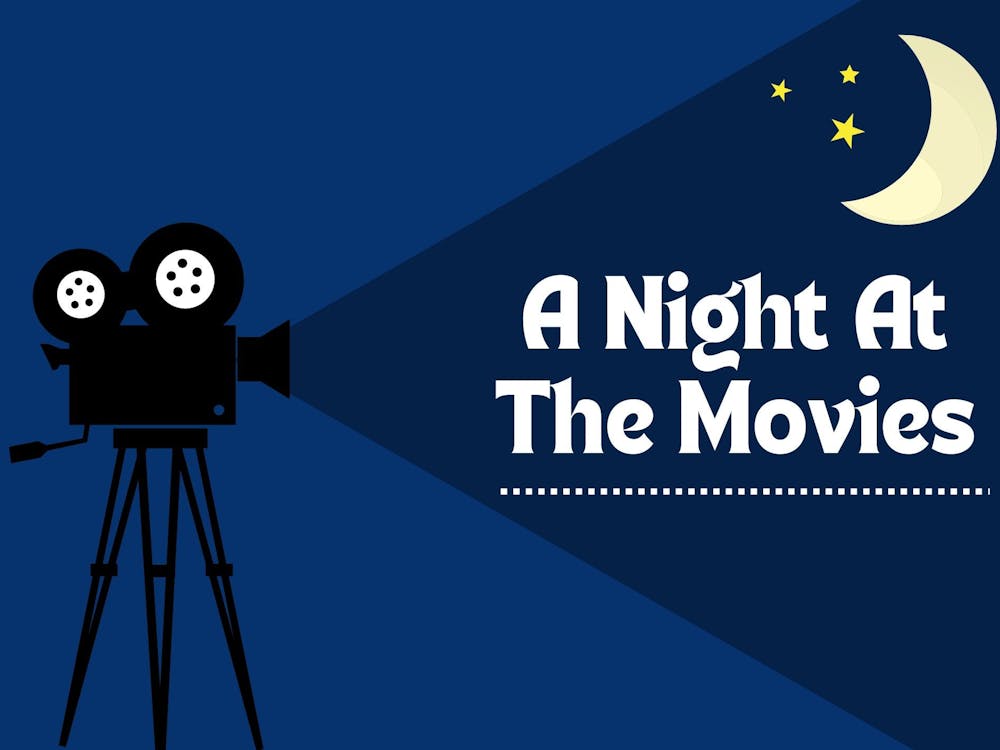I know what you’re thinking reading that headline — ‘Who is this a**hole telling people that they’re narcissitic for hating themselves?’ If you’re thinking that, I assume that you (reasonably) believe that narcissism is solely admiration and arrogance in yourself or your appearance.
At its core, narcissism is simply a focus on one’s self, and that focus and obsession with yourself can lead you down a dark path of self-hatred — or more accurately described — self-loathing.
As a disclaimer I am not saying that I or anyone who struggles with self-loathing has narcissistic personality disorder. Everyone has differing degrees of narcissistic tendencies and we all need a bit to develop a healthy self-esteem, confidence and love for ourselves and others.
I am also not shaming anyone for displaying narcissistic behavior — quite the opposite — as I believe that people who struggle with self-loathing deserve the most amount of compassion from themselves and others.
Typically, we think of narcissistic behavior as highly visible self-admiration and arrogance but that is just one example of narcissistic behavior called overt narcissism. “Introverted narcissism,” or covert narcissism, is often shielded by an outward appearance of self-loathing and constant self-criticism.
The late philosopher and novelist David Foster Wallace once said, “there’s a lot of narcissism in self-hatred.” While I am not condoning the truly reprehensible things he did, I resonate with Wallace's quote and introspection about our understanding of self-loathing.
I’ve spent countless hours staring at the mirror, picking apart the scars and clogged pores on my acne-riddled skin. I’ve laid in bed sulking in my depression and anxiety, unable to physically move and get out of bed. There are times where I’ve convinced myself that the world is worse with me in it. These are examples of the many times I’ve focused on all my flaws at the cost of my mental health.
And yet, they are the key part of self-loathing behavior I’ve engaged in: the endless narcissistic focus on myself and my perceived flaws.
What is there to gain from spending an eternity of our lives focused on what we hate about ourselves? How do we improve our personal mental states if we allow ourselves to fall into the endless, painful cycles of self-loathing? More importantly, how does caving to self-loathing affect the people we love, who surely want the best for us and love us for who we are?
Typically, when people struggle with self-loathing, the go-to cure for it is “self-love.” While self-love is important, I argue this: self-compassion. This means having concern for yourself and your emotions, and it is a key virtue that many of us should practice as a way to overcome self-loathing mindsets and behaviors.
While I don’t have any definitive answers to these questions and am not an expert in psychiatry or mental health, I do have firsthand experience in developing coping mechanisms and frequent reminders on how to stop myself from worsening my self-loathing and mental health.
Here are just a few things I frequently remind myself to do in order to show myself compassion and stop the self-loathing cycle from continuing:
1. No one is focused on yourself as much as you are.
I’m an anxious person. I’ve spent many nights awake at 2:30 a.m. clinging to my bed sheets, internally screaming and cringing at myself for not doing things perfectly. Maybe I accidentally said ‘you too’ when the waiter told me to enjoy my meal, or I might have made an untimely joke to the wrong person. Worse, I might have unintentionally done something that hurt my loved ones.
Such situations have often led me to apologize to my friends and family profusely over many things. To my surprise, people are often more forgiving and understanding than we are to ourselves.
I think that this grace people give us is the grace we should provide ourselves when we make silly mistakes or accidentally hurt the people we love. When we overthink our interactions with others, we view ourselves with such great importance that it’s damaging to our self-perception.
After all, if other people can forgive us for our flaws and mistakes, why can’t we forgive ourselves for the same reasons?
2. If you’re unhappy with your life, make changes while giving yourself room to fail.
Now, I know this sounds like the most unempathetic life advice you get from Redditors who never touch grass, but hear me out. A lot of self-loathing stems from unhappiness and dissatisfaction with what you have in life.
First, you should appreciate what you have in life rather than wanting more, otherwise you’ll never have enough. However, it is also equally valid and necessary to make some changes if you genuinely believe they’ll make you live a better life.
This is easier said than done, which is why it’s important to make short-term and long-term goals.
For example, do you want to start working out? First of all, don’t compare yourself or your body to others’ — you’ll only set yourself up for disaster and unhealthy habits. Appreciate your body for what it is and start working out for your health and wellness, not for your image. Second, don’t overwhelm yourself and take on an intense regime that exhausts you and leaves you without energy. Start small by going on 15-30 minute walks and try doing some knee push-ups.
Working out is just one example out of the many possible changes you can make, but there are many other goals and benchmarks that you can set for yourself in order to create a better life.
There’s no shame in starting small when it comes to making life changes. In order for such changes to be sustainable and long-term, you must also accept that you won’t immediately accomplish everything you want. You might also face some setbacks and temporarily regress back to your old habits. These are all behaviors that are completely normal and healthy and it is crucial that we are fair to ourselves and treat ourselves kindly when we mess up.
3. Most importantly — reach out for help!
As someone who comes from a culture where mental health issues are taboo and highly misunderstood, I understand the shame that comes with admitting that you need professional help. However, reaching out to experts and people who care about us is important because it reinforces the fact that we don’t have to suffer alone.
Often, we tend to view ourselves as people that our friends can reach out to when they’re in need of help. If we are able to provide support for people we love, why shouldn’t we expect them to do the same for us?
Having taken the first steps in recognizing that I need help and then reaching out for said help have been crucial in keeping my self-loathing and dangerous thoughts at bay. While we have to take the first steps ourselves to improve our mental state, we shouldn’t do it alone.
If you feel trapped in the cycle of self-loathing that I often fall into and don’t have the ability to create a support system, understand that you are not alone and that there are many resources available to receive the proper help. Speaking from experience, I can also frankly say, that if I had not personally reached out for help myself I would not be here writing this article.
Ultimately, the most intimate, important and longest relationship that any of us will ever have is the relationship we have with ourselves and with our bodies. We should not abuse ourselves by engaging in endless narcissistic cycles of self-loathing. We all owe ourselves and our loved ones the appreciation, self-compassion and value of ourselves.
Carlos Moreno-Vega is a reporter for The Beacon. He can be reached at morenove23@up.edu.
Have something to say about this? We’re dedicated to publishing a wide variety of viewpoints, and we’d like to hear from you. Voice your opinion on The Beacon.








